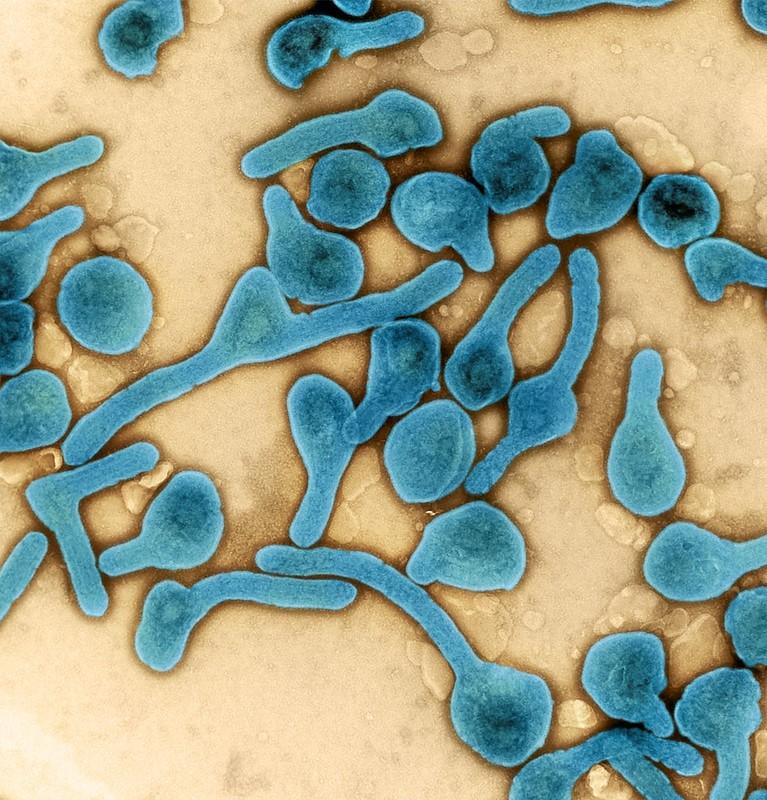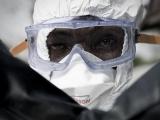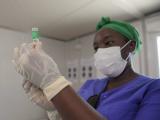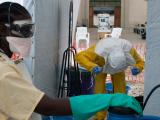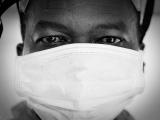The cause of a cluster of viral hemorrhagic fever deaths in Equatorial Guinea has been identified as Marburg virus, marking the country's first such outbreak, the World Health Organization (WHO) said today.
Nine deaths reported
The country issued a health alert on Feb 9, following nine deaths in Kie-Ntem province in the northeast. In a Twitter post, the health ministry said nine deaths were reported within a short period in two communities. The people had similar symptoms, including fever, vomiting, and bloody diarrhea.
The WHO said at least nine deaths have been reported, along with 16 suspected cases. Of tests on eight samples tested at the Pasteur Institute in Senegal, one was positive for Marburg virus, a close relative of Ebola virus. The agency added that advance teams have been sent to help with contact tracing and medical care and that the WHO is deploying public health emergency experts and shipments of laboratory glove tents for sample testing and enough personal protective equipment for 500 health workers.
Google Maps
In the WHO statement, Matshidiso Moeti, MBBS, who leads the group's African regional office, said, "Marburg is highly infectious. Thanks to the rapid and decisive action by the Equatorial Guinean authorities in confirming the disease, emergency response can get to full steam quickly so that we save lives and halt the virus as soon as possible."
At least 200 quarantined
Health Minister Mitoha Ondo'o Ayekaba said 200 people are quarantined and that the preliminary investigation found that the deaths were linked to attendance at a funeral ceremony, Reuters reported earlier. Funeral settings have been linked to the spread of other hemorrhagic fever viruses, including Ebola.
Cameroon's health ministry on Feb 10 announced movement restrictions at the border with Equatorial Guinea, owing to a high risk of imported illnesses.
Thanks to the rapid and decisive action by the Equatorial Guinean authorities in confirming the disease, emergency response can get to full steam quickly so that we save lives and halt the virus.
Marburg virus has a case-fatality rate of up to 88%, the WHO said. It jumps to humans from fruit bats and spreads among people through contact with the body fluids of infected patients.
Unlike Ebola, there are no vaccines or antiviral treatments. However, clinical studies are under way on potential vaccine and drug candidates.
The last Marburg fever outbreak occurred in 2022 in Ghana, a small family cluster that resulted in three cases, two of them fatal. Most outbreaks involving the virus are small, but an event in Angola that began in 2004 resulted in 252 cases, 227 of them fatal, according to background information from the US Centers for Disease Control and Prevention.
